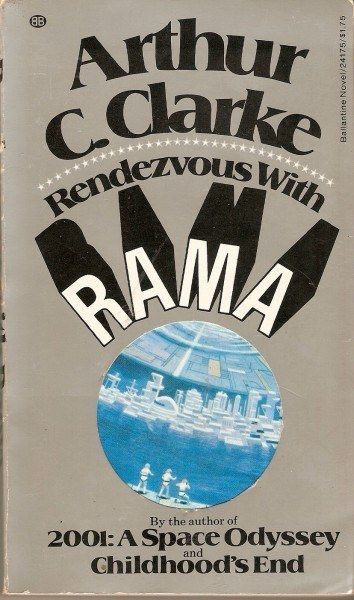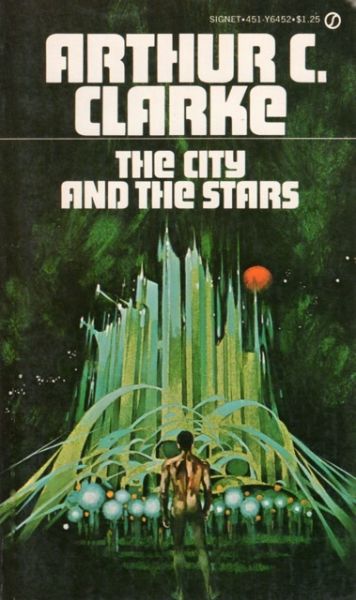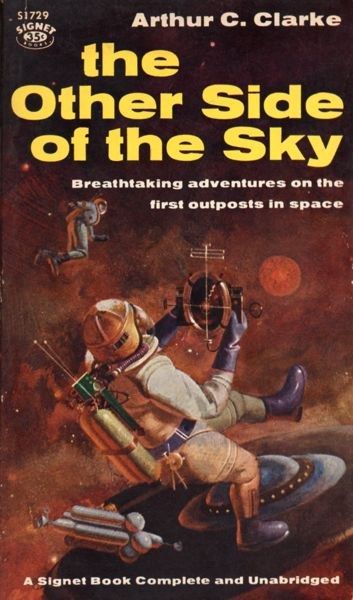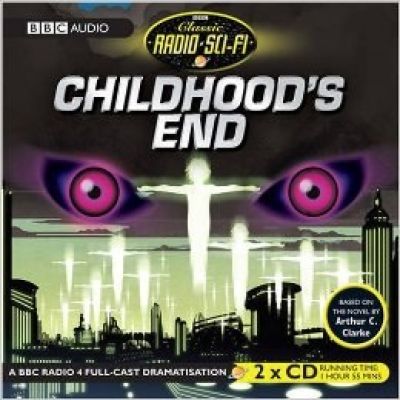A Long, Long Time
Sands of Mars
By Arthur C. Clarke
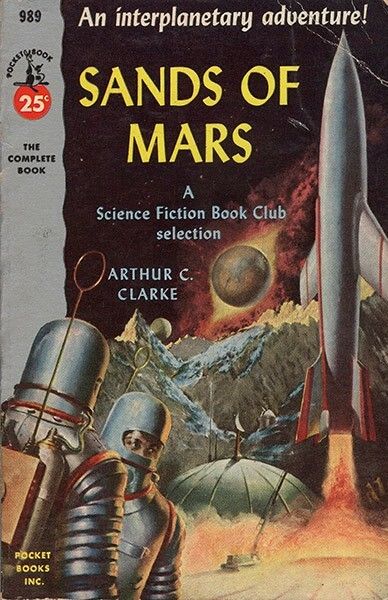
13 Jun, 2021
Because My Tears Are Delicious To You
Arthur C. Clarke’s 1951 Sands of Mars is a standalone science fiction novel. It was his debut novel. It has also been published as The Sands of Mars.
To commemorate the maiden voyage of Ares, first passenger rocket on the Earth-Mars loop, famed science fiction author Martin Gibson has been dispatched to document the voyage. Although not decrepit as such, Gibson is old enough that he began writing when interplanetary travel was a matter of imagination and not practical engineering. Thus, he can provide an interesting perspective on the realities of crewed space flight.
While space flight is as unexciting as legions of engineers can arrange1, the voyage does provide some unexpected surprises.
Warning! Spoilers ahead!
